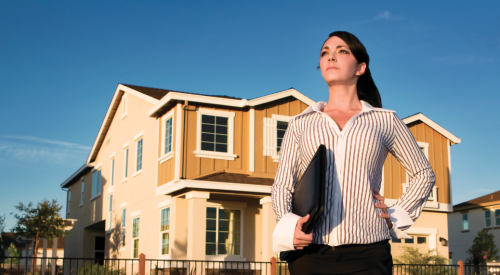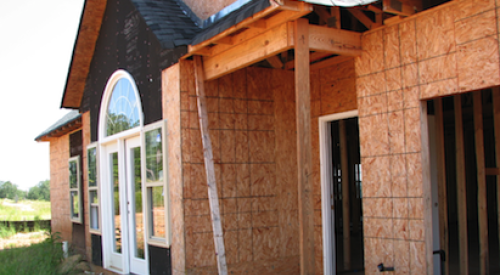Customers do not always tell us about key underlying motivations for purchasing a new home. For example, I know that many people decide to purchase a home based on the perceived prestige of a community or location, yet I can not think of a case where a customer said to me, "Prestige ranks very high in my decision." For some buyers it's security; for others it may be convenience; while for others it may be the investment potential. Is it important to know a customer's underlying motivations, and if so, how do you uncover this underlying impetus for purchasing?
Carmine ShineLarge Builder in California
Annual sales: $25 million; 60 units
We often begin the discovery process by asking the typical questions, such as "How many bedrooms and baths are you looking for?" or "What size home did you have in mind?" While this is great information to have, to sell most people a home you really need to understand the emotional issues that are driving them. Is it security? Is it convenience? Is it family? Until you have their emotional attachment to the home, you're not in their buying mode. Once you understand the underlying motivation, you can focus the rest of your presentation around how it affects their true emotional needs.
Mary Ann MallowayMid-Size Builder in Atlanta
Annual sales: $19 million; 62 units
No one ever comes out and tells you they are a prestige buyer, yet you know a lot of folks are looking for the most prestige they can afford. I think the best way to uncover underlying motivations is to really listen to what a customer is saying. When do they get really excited and listen to you intently? If it's when you discuss schools, then you want to focus on the family aspects of the community and home. If they are analytical, then you focus on the value per square foot, price or included features in the home. While you don't want to come across as fake, I think it is important to make a customer feel that you share some of the same values they have. When I have a prestige buyer I'll often say, "I think it's great to know that you're just three blocks away from a community that has homes in excess of $1 million." It helps build rapport with the customer and gets them to open up.
Marty JonesLarge Builder in Arizona
Annual sales: $49 million; 55 units
It's really about the discovery process. Whether it is their career, the safety of their family, convenience — which really means more time to do other things — or investment, you need to ask the right questions. Buyer motivations are really about learning how to ask questions that allow the customer to open up. When that happens, the stuff that began as being below the surface will flip-up and become the stuff they like to talk about the most.
I compete with communities that often have a shorter commute. When I'm asked about commute times, I try to understand if what the customer really wants to know is the convenience of the community rather than the shortest commute. So I may ask, "So what I hear you saying is that your time is really valuable and having free time is really important ... and part of having more free time is to minimize your commute. We're lucky to having outstanding shopping, restaurants, health and fitness facilities all within five minutes of our community. If free time is the issue, it seems to be that our location should be worth the extra few minutes of your commute!"










